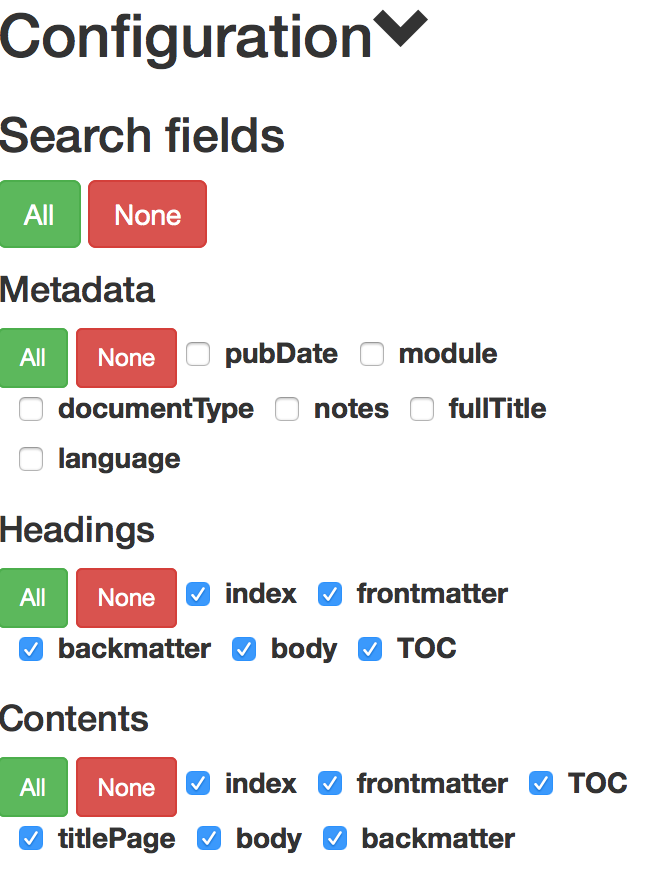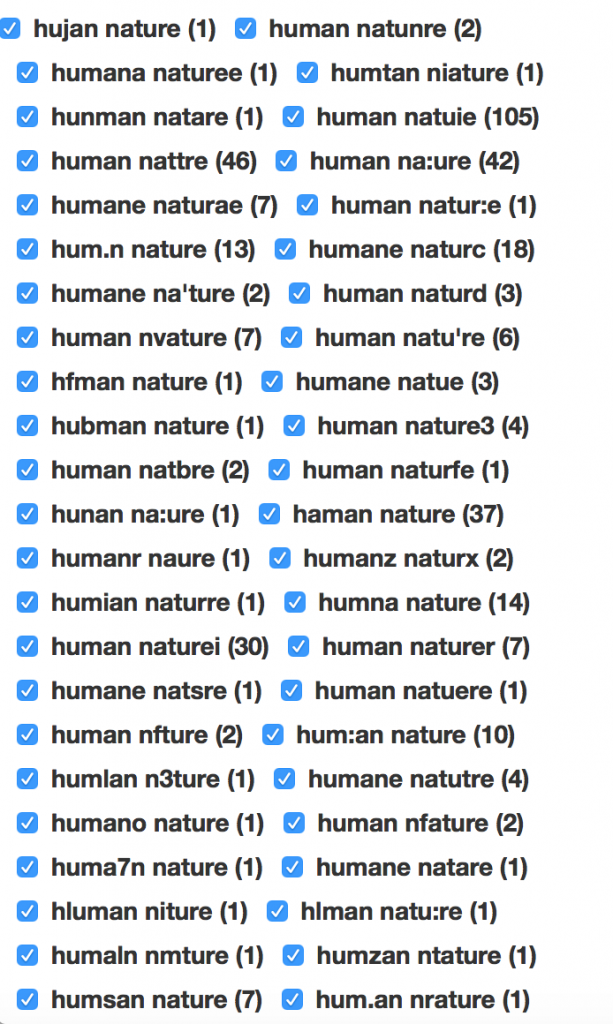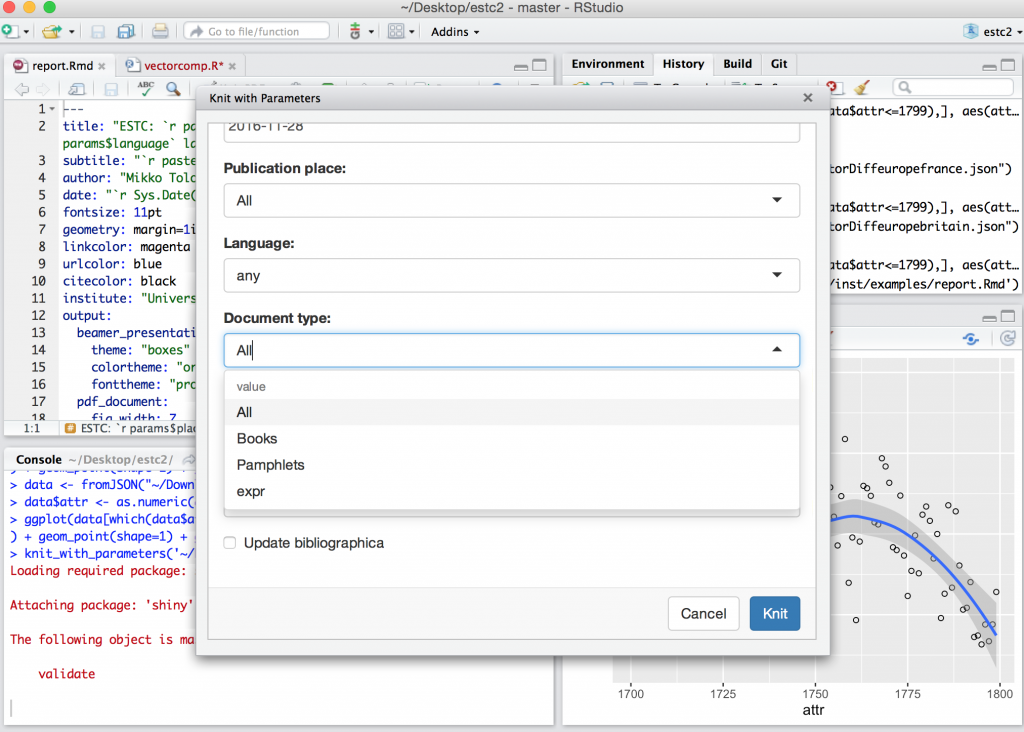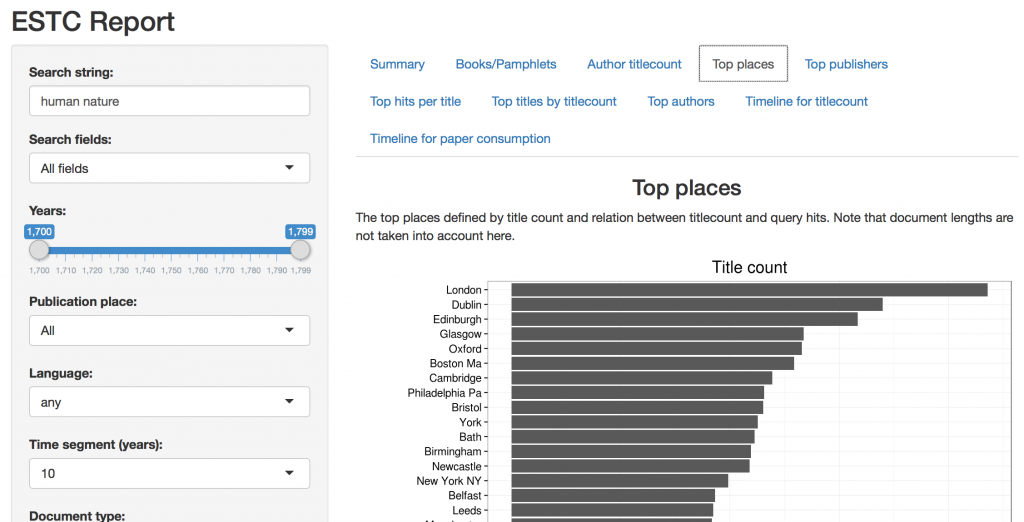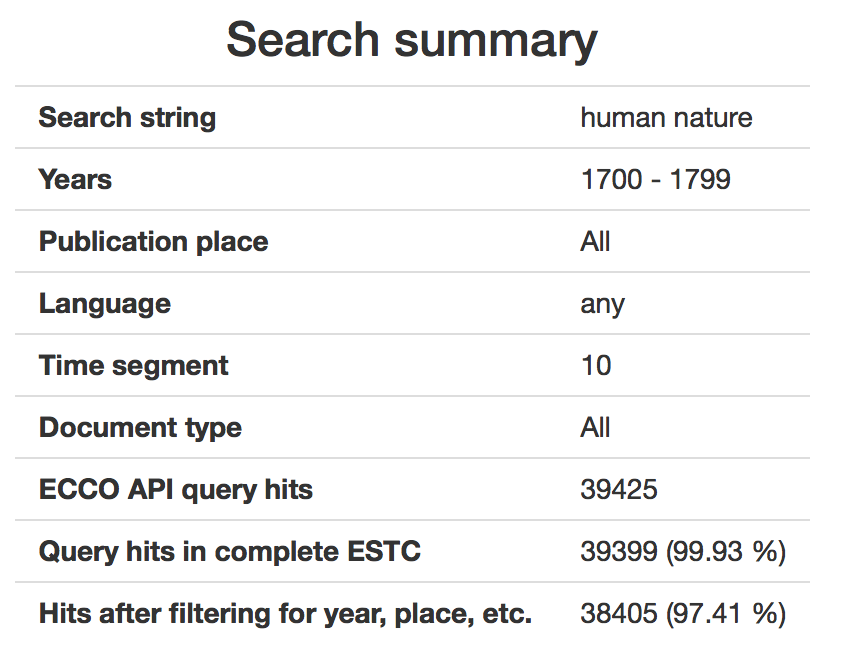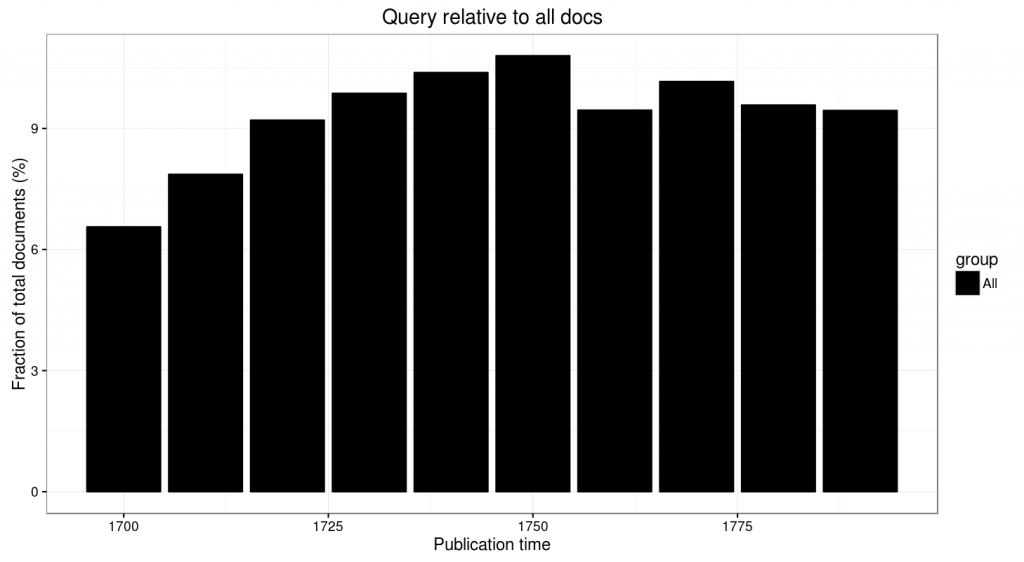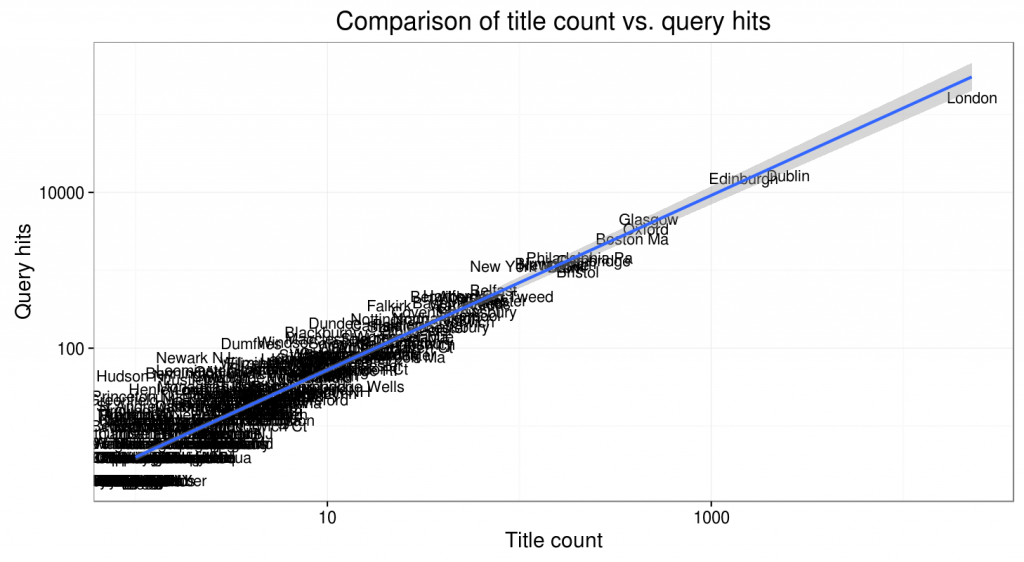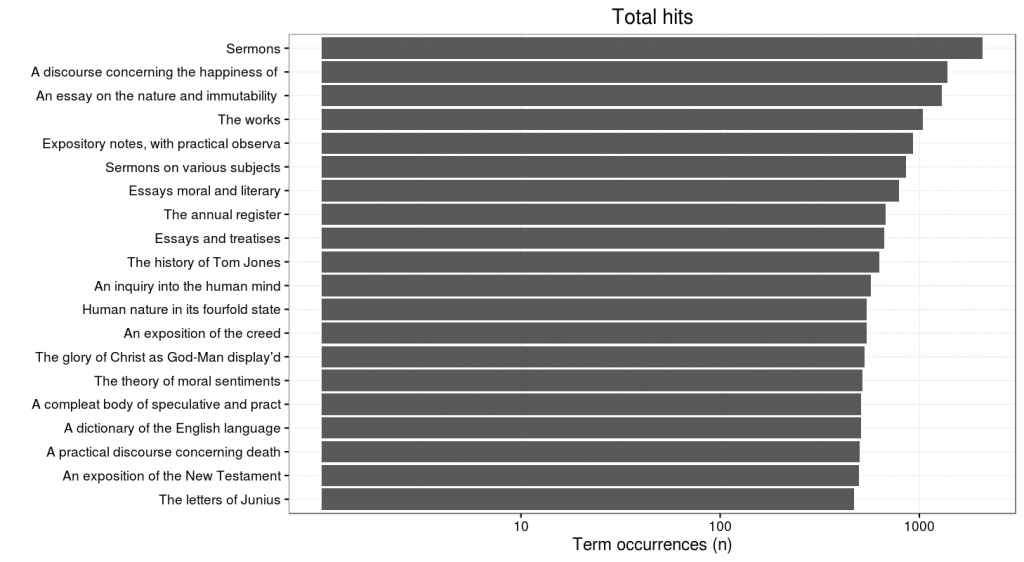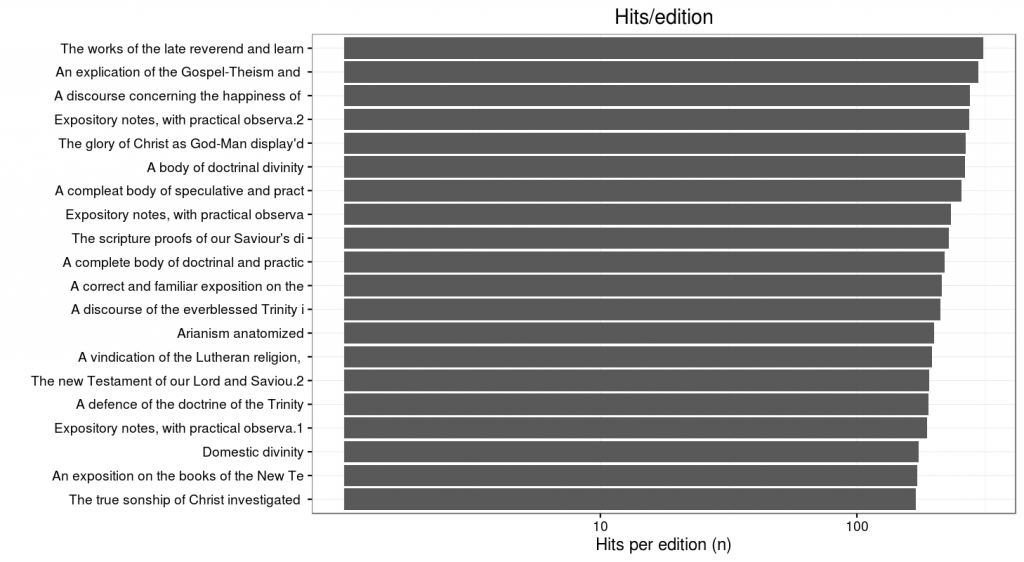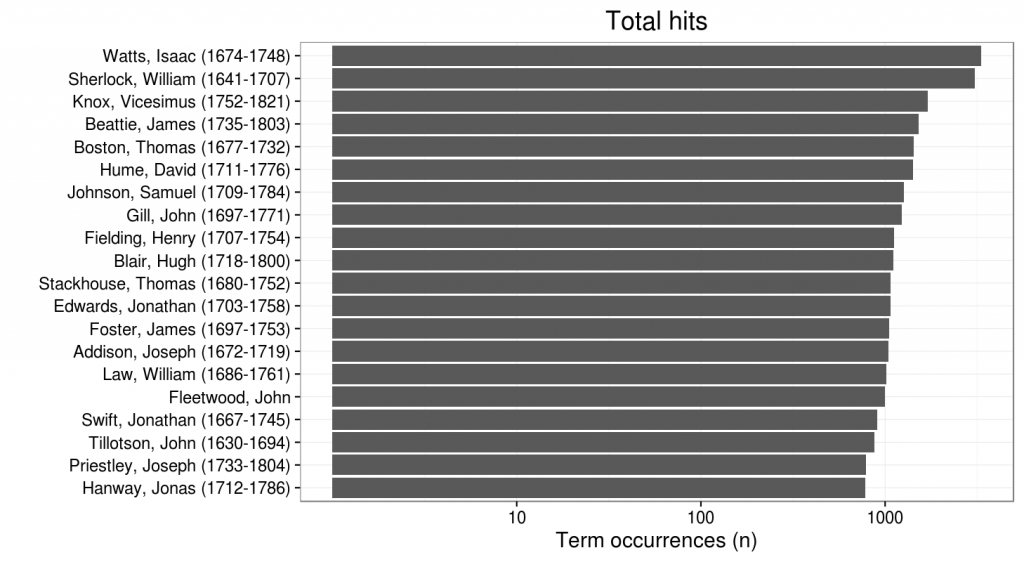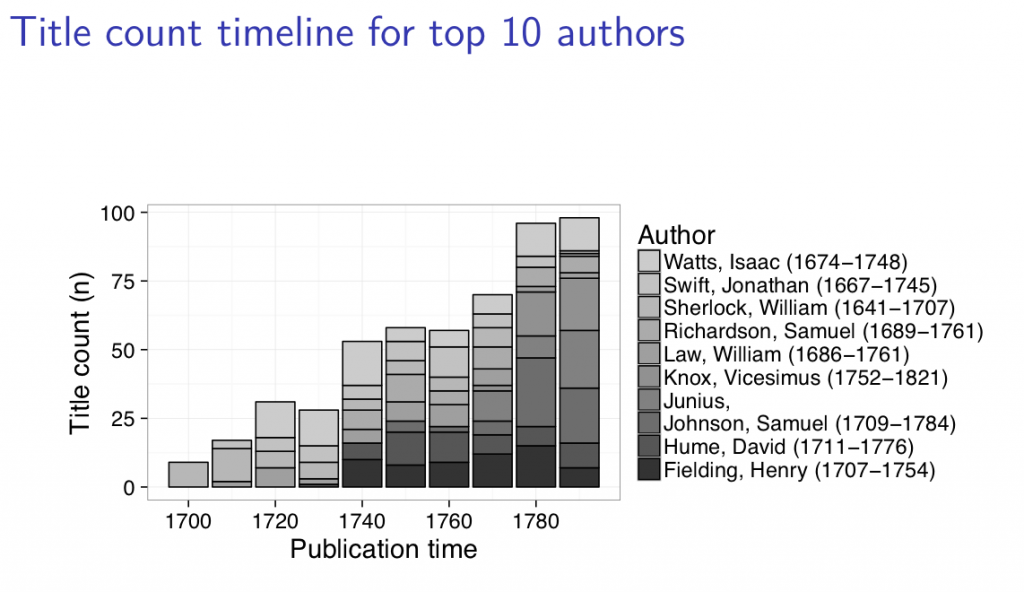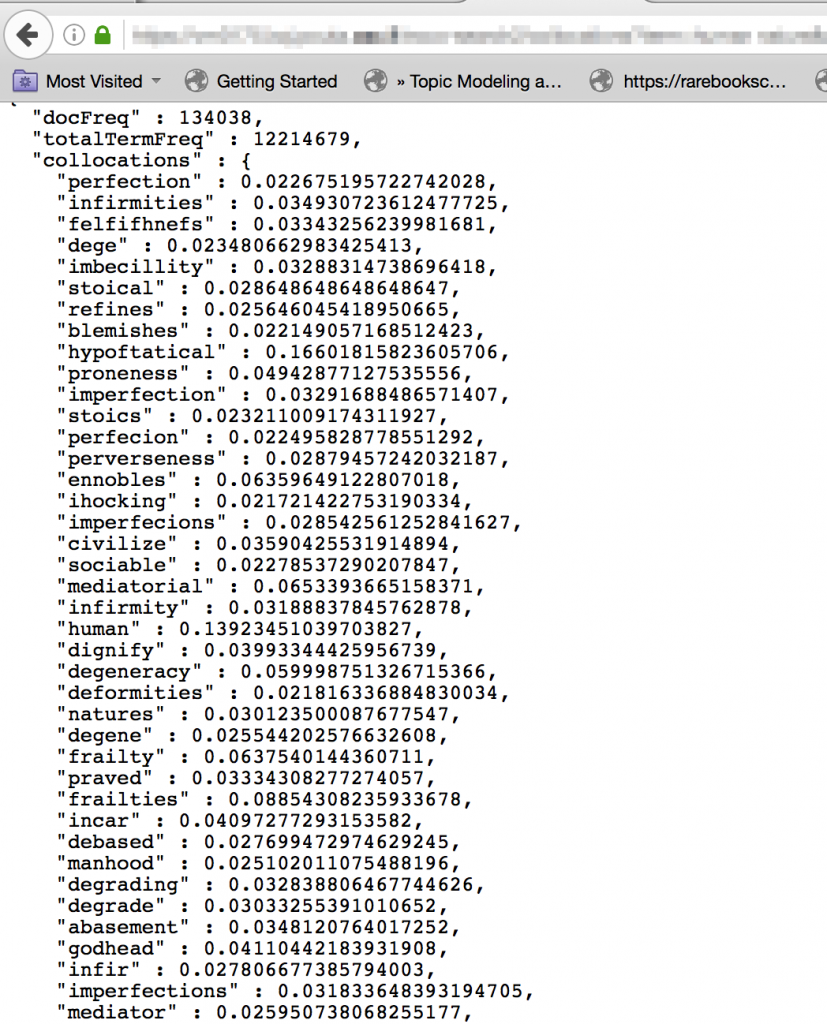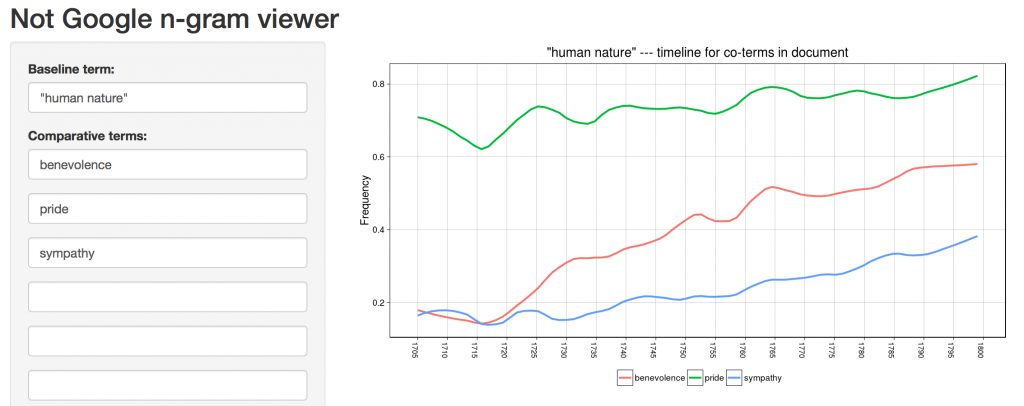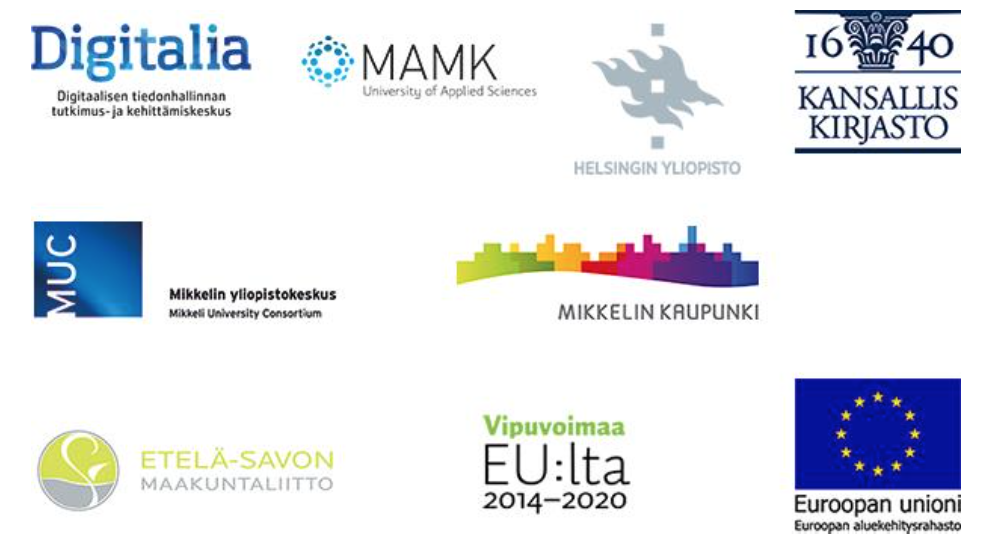Digital Humanities courses in Spring 2017
Helsinki Digital Humanities teaching continues in Spring 2017.
This is a listing of possible digital humanities courses to choose from.
Spring 2017 teaching includes the third iteration of our Helsinki Digital Humanities Hackathon and courses on various topics ranging from semantic web to popular culture and religion in India.
For more information about the structure of digital humanities module etc., see www.heldig.fi/teaching
Digital Humanities Hackathon 2017 (weboodi: 406909 / https://courses.helsinki.fi/fi/406909/114735861)
– For prior iterations, see DHH15 and DHH16.
Theory and Practice
These are optional courses, the mandatory introduction course to digital humanities was taught in Autumn 2016. About the possibility of substituting the introduction course with another course, write to mikko.tolonen@helsinki.fi
The Game of History
- Weboodi: 400935; Fewster, Derek
- Course page: https://courses.helsinki.fi/fi/400935/113992298
Digital humaniora
- Weboodi: 406301; Fewster, Derek
- https://courses.helsinki.fi/406301/114360485
Digitaalinen sisällöntuotantopaja – Wiipuri-portaali
- Weboodi: 406044; Immonen, Visa
- https://courses.helsinki.fi/fi/406044/116510672
The Art of Getting Lost: Qualitative Methods in Urban Studies
- Weboodi: 7329321; Botta, Giacomo
- https://courses.helsinki.fi/7329321/113328614
Musiikki ja audiovisuaalinen kulttuuri nyt!
- Weboodi: 401661; Tiainen, Milla
- https://courses.helsinki.fi/fi/401661/114778813
Audiovisuaalinen kerronta
- TET1040e Weboodi: 400470; Kilpi, Harri
- https://courses.helsinki.fi/fi/A400470/114419886
Audiovisuaalinen mediasivistys
- TET1062e Weboodi: 400473; Kilpi, Harri
- https://courses.helsinki.fi/fi/400473/114640106
Menetelmiä (audio)visuaalisen kulttuurin tutkimukseen
- XAK320; Hakola, Outi
- https://courses.helsinki.fi/405439/113342938
Popular Culture and Religion in India. Media, Materiality, Visuals, Performance
- WAS211; WAS212; WSA321; WSA323; WSA 324; WSA325; Zeiler, Xenia
- https://courses.helsinki.fi/405463/113577764
Uskonto ja moraalivalinnat digitaalisissa peleissä
- UHS/UST241, UST270, USH/UST350 Weboodi: 106370; Rautalahti, Heidi
- https://courses.helsinki.fi/fi/106370/113030288
Käsiteanalyysi ja termityö
- Ssu311/Ssu356 Weboodi: 406761; Pitkänen-Heikkilä, Kaarina
- https://courses.helsinki.fi/fi/406761/114783257
Methods
The introduction to methods in digital humanities course was taught in Autumn 2016. About substituting the introduction course with another course, write to mikko.tolonen@helsinki.fi
Semantic web
- Hyvönen, Eero
- https://mycourses.aalto.fi/course/view.php?id=13066
Introduction to Open Data Science (MOOC)
- link; Vehkalahti, Kimmo
Information Retrieval and Search Engines
- CLT310 Weboodi: 406376; Tiedemann, Jörg
- https://courses.helsinki.fi/404732/114579385
Morphological Processing Tools 2
- CLT271 Weboodi: 406374; Creutz, Mathias
- https://courses.helsinki.fi/fi/406374/114752827
Statistical Parsing Methods
- CLT350 Weboodi: 404731; Creutz, Mathias
- https://courses.helsinki.fi/404731/114580189
Introduction to natural Language Processing
- CLT120 Weboodi: 406253; Creutz, Mathias
- https://courses.helsinki.fi/fi/406253/114580439
Data-analyysi SAS-ohjelmistolla
- Weboodi: 78211; Valaste, Maria
- https://courses.helsinki.fi/fi/78211/113609622
Sosiaalitutkimuksen tilastolliset menetelmät
- Weboodi: 78450; Vehkalahti, Kimmo
- https://courses.helsinki.fi/fi/78450/113633401
Tulosten esittäminen ja niiden arviointi tilastomenetelmillä
- CLT255 Weboodi: 406375; Sinnemäki, Kaius
- https://courses.helsinki.fi/fi/406375/117230440
Network analysis in social sciences
- Weboodi: 78992; Nelimarkka, Matti & Toikka, Arho
- https://courses.helsinki.fi/fi/78992/116630509
Statistical methodology for researchers
- Weboodi: 796120; Alho, Juha
- https://courses.helsinki.fi/fi/796120/113790827
Survey sampling
- Weboodi: 78143; Valaste, Maria
- https://courses.helsinki.fi/fi/78143/113780320
Multimodaalinen viestintä (Käännöstiede)
- CKT280 Weboodi: 405671; Lautenbacher, Olli-Philippe
- https://courses.helsinki.fi/fi/405671/114832612
Digitaaliset aineistot (Käännöstiede)
- CKT279 Weboodi: 405681; Carlson, Lauri
- https://courses.helsinki.fi/fi/405681/114754085
Kääntämisen tietotekniikka
- CKT114 Weboodi: 405668; Carlson, Lauri
- https://courses.helsinki.fi/fi/405668/114754141
Konekäännös
- CKT276 Weboodi: 404468; Carlson, Lauri’
- https://courses.helsinki.fi/fi/404468/114754209
Musiikkisignaalin spektrianalyysi
- Weboodi: 40441; Lassfolk, Kai
- https://courses.helsinki.fi/fi/40441/114778803
Possible method courses offered in Computer Science at University of Helsinki (UH CS) and Aalto University (Aalto CS) include:
- Data mining (5 sp), UH CS Department, Spring 2017
- Data mining project (5 sp), UH CS Departmnent, Spring 2017
- Information Visualization, Aalto CS Department, Spring 2017
- Hands-on Network Analysis, Aalto CS Department, Spring 2017
- Scientific computing (5 sp)
These are possible courses, also other courses can be offered and chosen. If you know of suitable courses for digital humanities, please contact: mikko.tolonen@helsinki.fi
Those with advanced skills in methods may get credit by proving your skills (i.e. free credit for methods) when you commit to the DH3 Multidisciplinary project.
